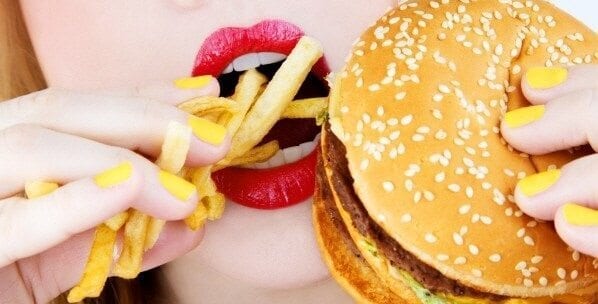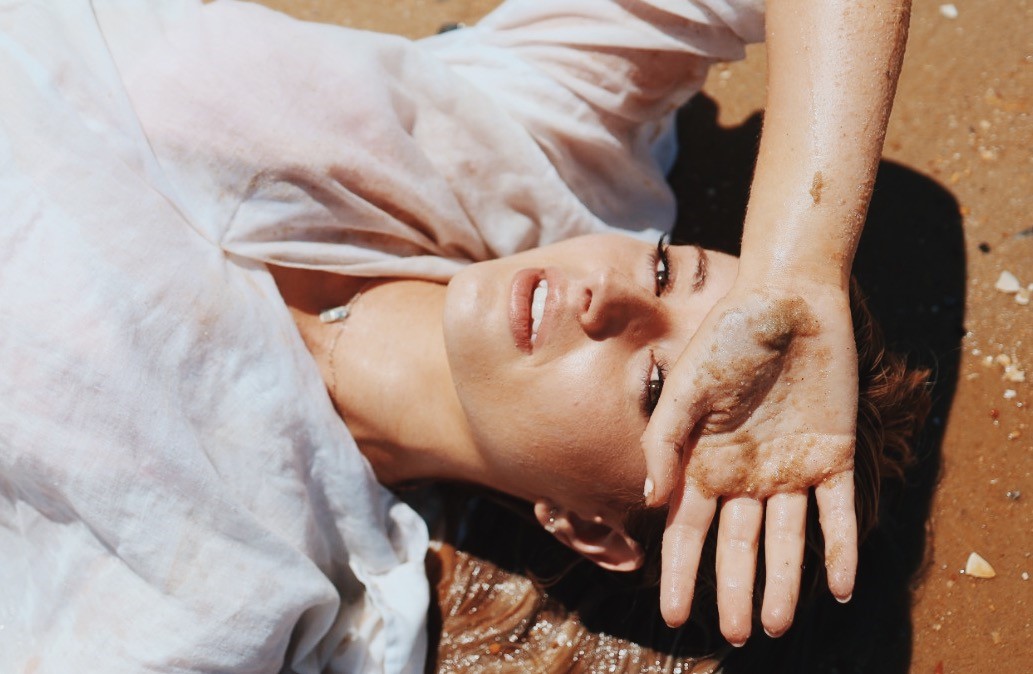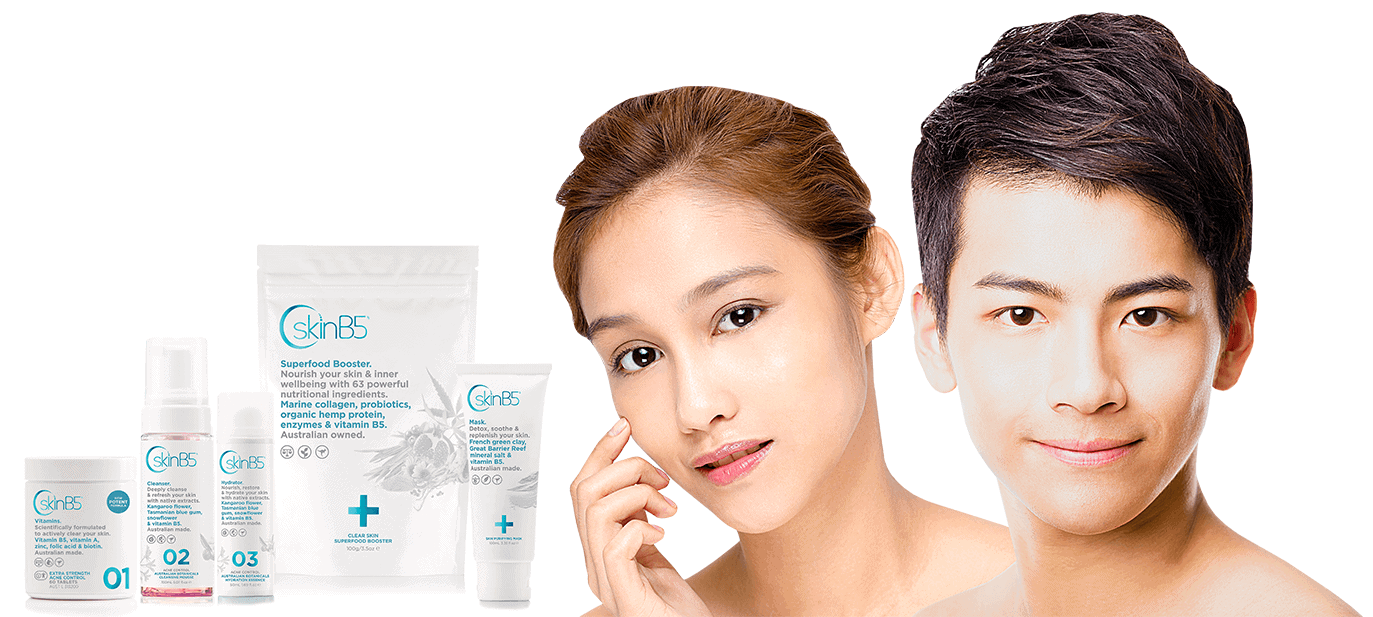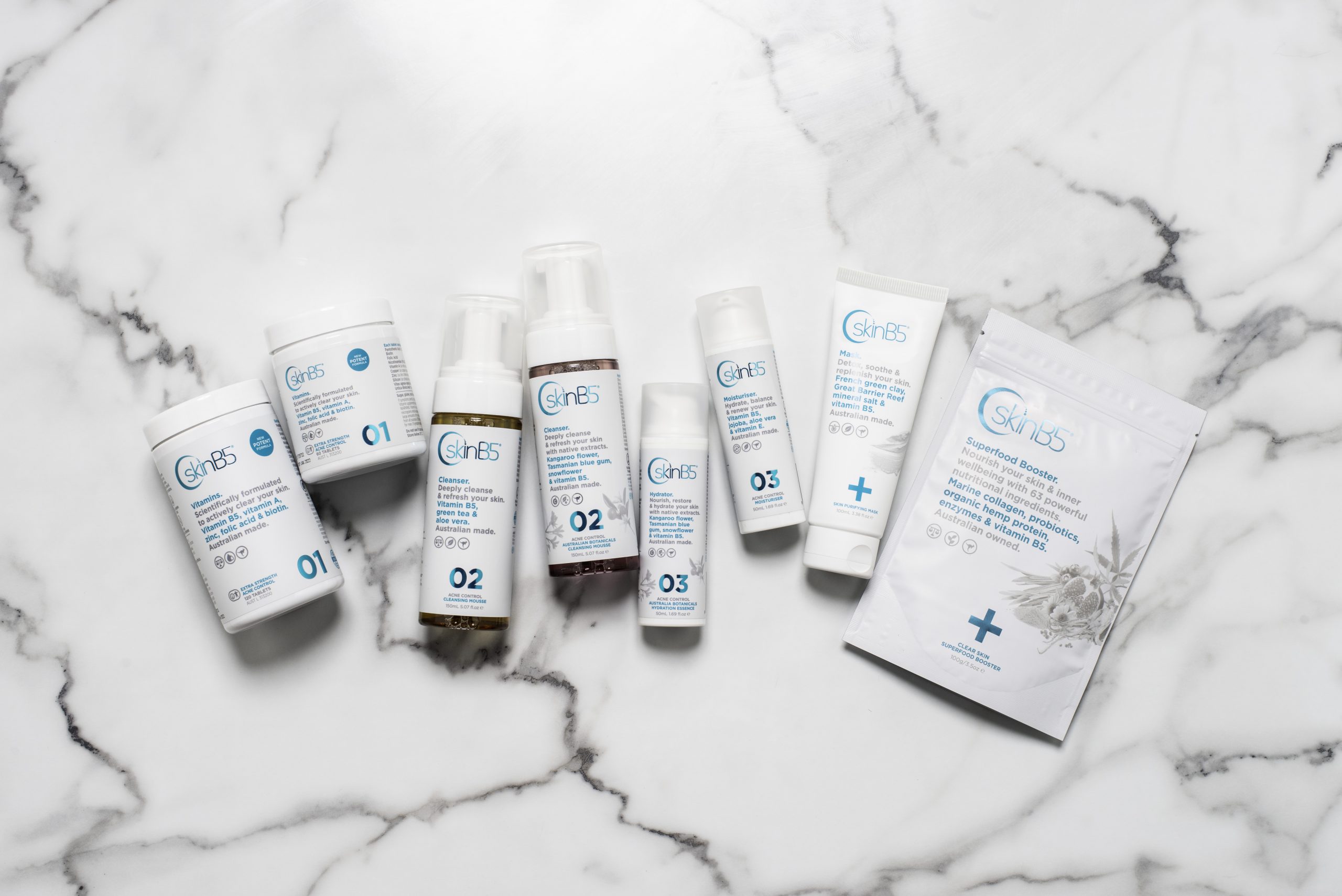The notion that what we eat can affect our skin health has been rather controversial over time. The idea that diet can cause breakouts was looked at nearly a century ago, but studies published in 1969 and 1971 put a stop to that belief for some time when they looked at the link between consuming chocolate and acne.
For a start, the research article published in 1969 that dismissed the link between chocolate and acne was ‘made possible’ by the Chocolate Manufactures Association of the USA. The research is being reviewed by people such as William Goh, MD (2011) and Whitney Bowe, MD (2012), and we are now finding that there is a lot of supporting evidence to show that what we eat does in fact have a major impact on the health of our skin.
Most commonly, we have all heard that chocolate causes pimples. Chocolate itself in the form of cacao is not likely to be the sole cause, but recent research evidence shows that both the intake of dairy and sugar can increase acne, both of which are contained in chocolate.
I have seen many improvements in skin health by the avoiding following foods:
Foods high in sugar.
Sugar can destroy collagen, thereby increasing the early signs of aging. High-GI foods are extremely linked to acne, and often worsen other skin conditions such as eczema, dermatitis & rosacea. Sugar may also feed the bad bacteria in our body therefore increasing the chances of skin infections and lowering our immunity. Avoiding sugar includes natural sugars as well, such as fruit juice & agave! Don’t forget about all the hidden sources of sugar in things like BBQ sauce, jams and biscuits.
Dairy, especially skim milk.
Dairy has been shown in research studies to increase the incidence of breakouts. It’s worth noting that skim milk increases the risk even more! Often low-fat dairy products like yoghurt are higher in sugar than their full fat counterparts too.
Chocolate
A double whammy of sugar and dairy creating the perfect environment that pimples LOVE. Chocolate can also increase rosacea symptoms. Try raw dairy-free low sugar chocolate instead.
White bread & pasta
Yet again more high-GI foods that have been linked to acne, eczema and dermatitis. If foods like white bread & pasta makes you bloat or make you feel very lethargic, it may be worth considering avoiding all gluten. If you have a gluten intolerance you may have underlying digestive problems which affect all aspects of skin health.
Alcohol
(Sorry!). Not technically a food, but alcohol can dehydrate the skin which will increase the early signs of aging. It also reduces nutrient transportation to the outer layers of the skin which will worsen acne, eczema, dermatitis and rosacea. Alcohol can affect nutrient absorption in the digestive system and can also damage the functioning of the liver. Long term consumption is particularly linked to deficiencies in certain B vitamins (B1, B3 and B6) which can result in hormonal imbalances and skin problems such as acne & dermatitis. The preservatives in wine often flair up skin conditions as well, and pre-mixed drinks are usually very high in sugar.
Western societies have a higher incidence of skin conditions than anywhere else in the world, and we also have a diet high in all the above foods. Removing the refined foods from your diet, as well as correcting any nutrient deficiencies and using a proper skin care regime, can dramatically increase the health of our skin! You’ll be glowing in no time!

Haley is a passionate Naturopath & nutrition expert, writer, and mum of 2 young children, with years of experience in the industry. She is a known as a real ‘nutrition nerd’ and follows the latest natural health research. As a Paleo and raw food enthusiast, she coaches people in healthy living, beauty and positive mindset. Haley has personally experienced the benefits of the SkinB5 natural acne treatment system and is happy to offer her guidance to help others regain clear skin. Follow her blog at www.aliveinwonderland.com & link with her on facebook at www.facebook.com/aliveinwonderlandhealth








Leave A Comment